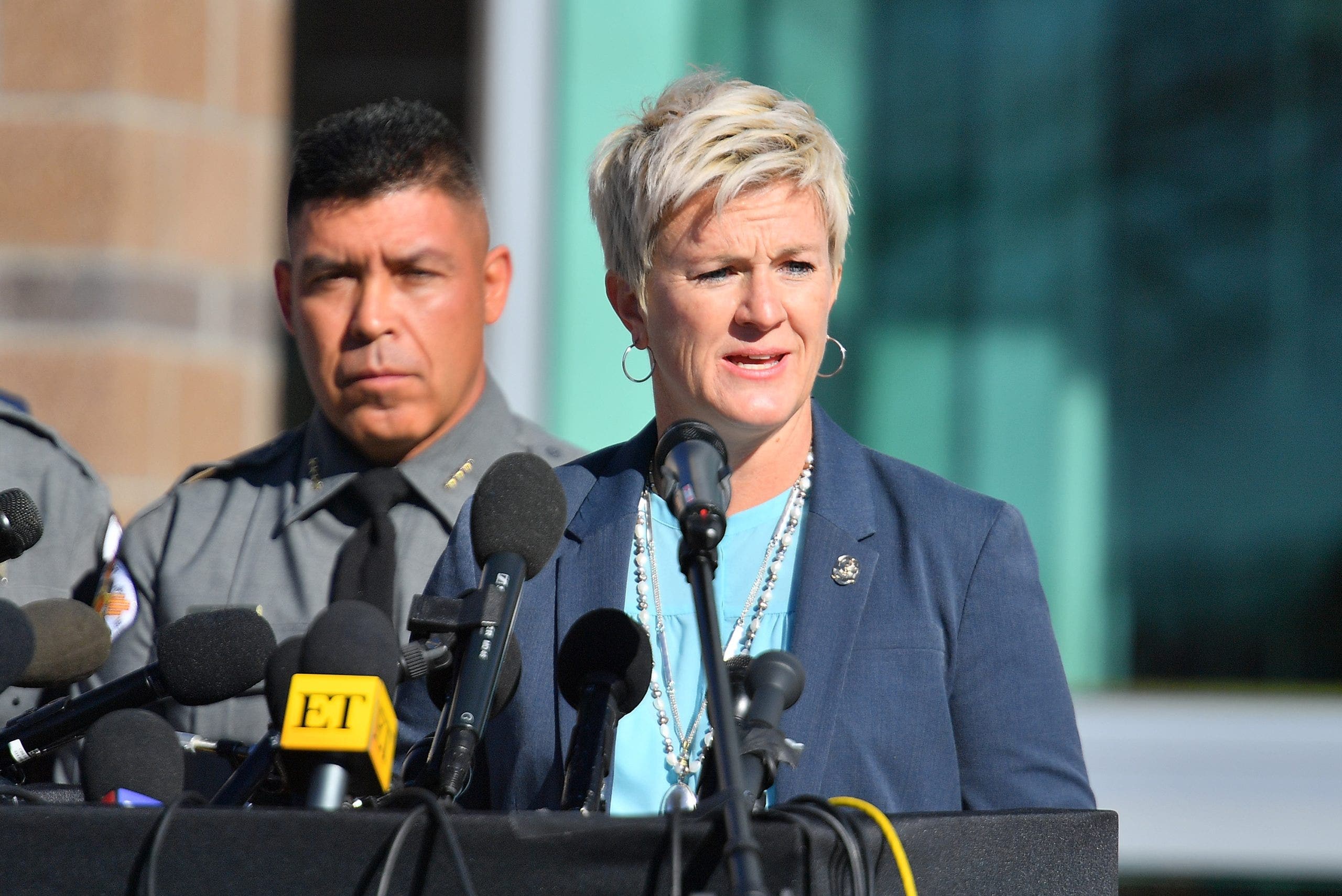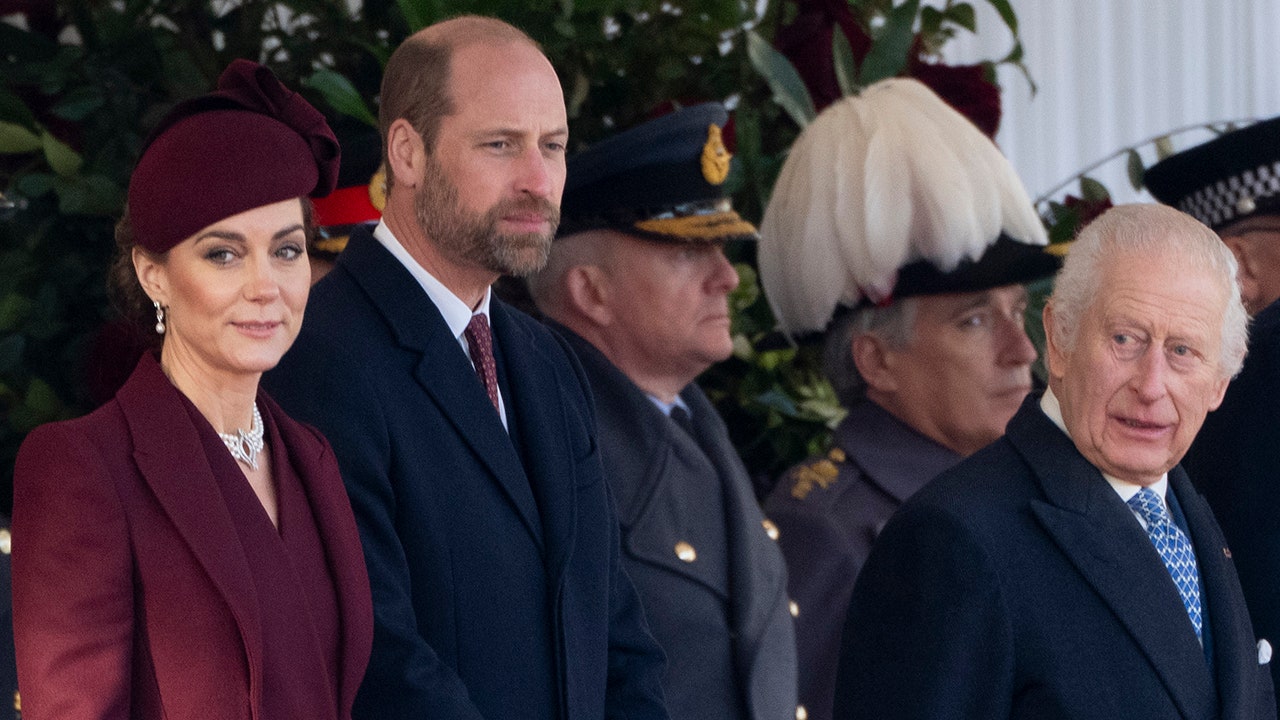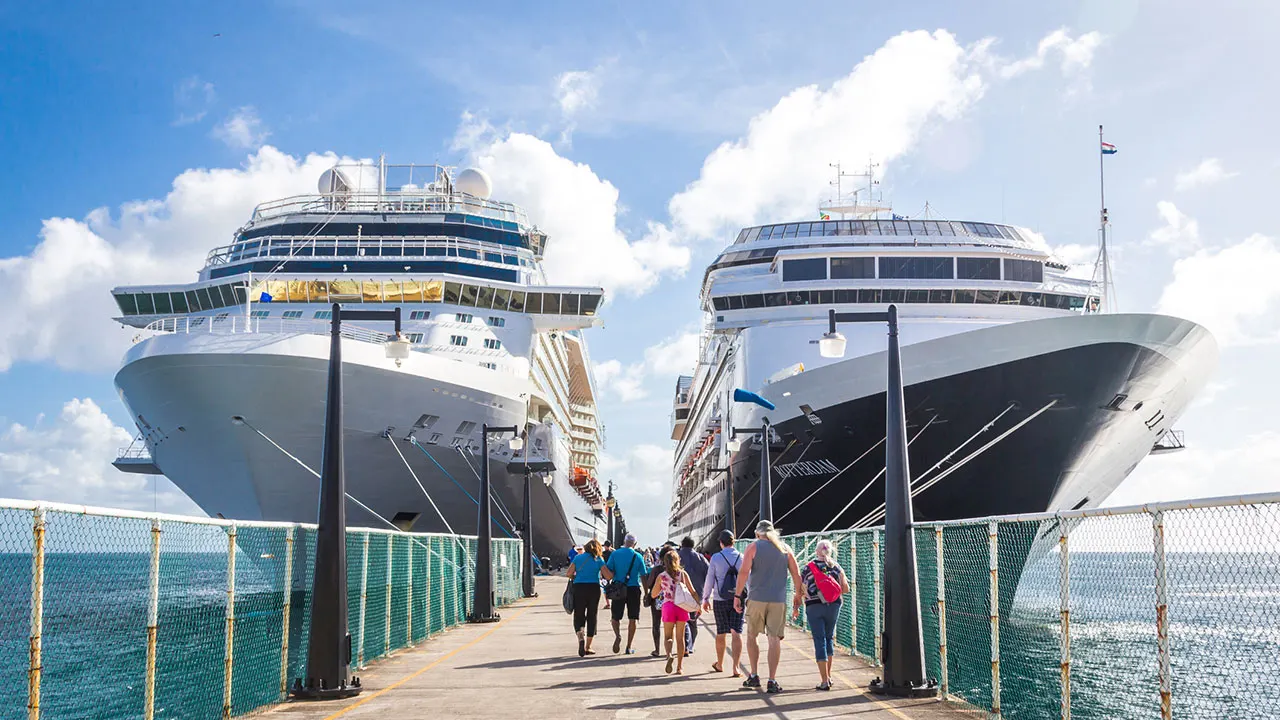Mexico Cruise Tax Delay: What You Need to Know
The recently announced cruise tax to hit passengers who are traveling through Mexico will be delayed.
Following some “disappointment at [the] current situation,” the Florida-Caribbean Cruise Association (FCCA) announced the six-month tax implementation delay, according to a press release.
The new Federal Law of Rights tax on cruise passengers was set to kick in on January 1, but discussions with Mexican government officials led the FCCA to push back the start date until July 1, 2025.
Industry Concerns Surrounding the New Tax
“While the proposed postponement provides a temporary reprieve, FCCA stresses that more comprehensive measures are required to address broader concerns regarding the tax’s potential ramifications on cruise tourism, Mexico’s economy, and the livelihoods of its coastal communities,” the FCCA’s press release stated.
The deferred implementation means that passengers will still face the prospect of an additional $42 tax per customer—but just not yet. Some passengers might feel disenchanted with Mexico as a destination, given the tax burden. FCCA officials noted, “This amount is a staggering 213% more than the average cost at Caribbean ports, raising serious questions about the competitiveness of Mexican destinations in this sector.”

Many individuals wonder if they will alter their plans to avoid high costs, as the financial implications can simmer just beneath the surface of their holiday experiences. The FCCA pointed out that cruise passengers, who generally spend limited time in ports, could be dissuaded from landing in Mexico entirely. The concern is not just immediate but stretches outward. The absence of tourists can create ripples through local economies that heavily rely on such traffic.
Financial Implications of the Tax
The FCCA emphasized that even a 15% decrease in cruise ship visits could negate the revenue anticipated from the tax. With projections indicating over 10 million cruise passengers by 2025, every shifted itinerary could mean significant financial losses for local services and businesses. This puts a glaring spotlight on the economic plight of coastal communities.
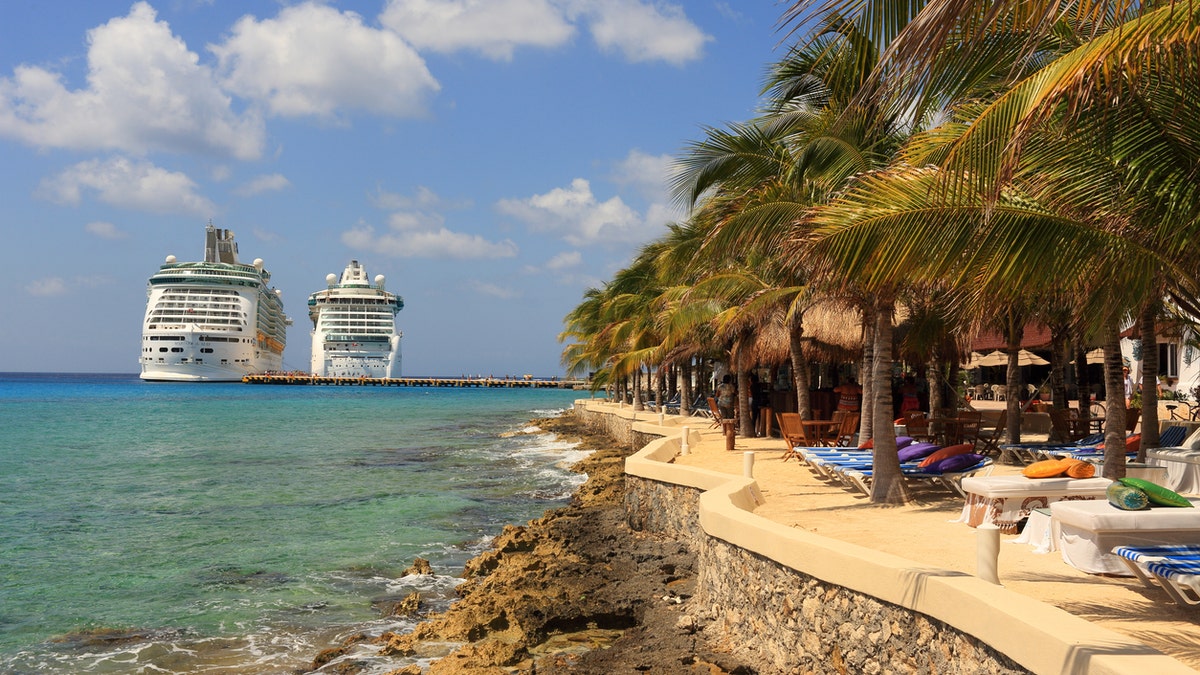
“A minor drop in cruise traffic could translate into millions in lost income for local enterprises, tours, and services—potentially exceeding the total expected from this tax,” the FCCA remarked. The local sentiment dwells on a bittersweet edge, illustrating the tension between revenue generation and community welfare.
The Mexican Association of Cruises has called the government’s move “disastrous,” stressing the loss of employment for individuals like taxi drivers, tour guides, and local artisans if cruise numbers decline. As they frame this situation, the very essence of Mexico’s tourist appeal hangs in fragile balance.
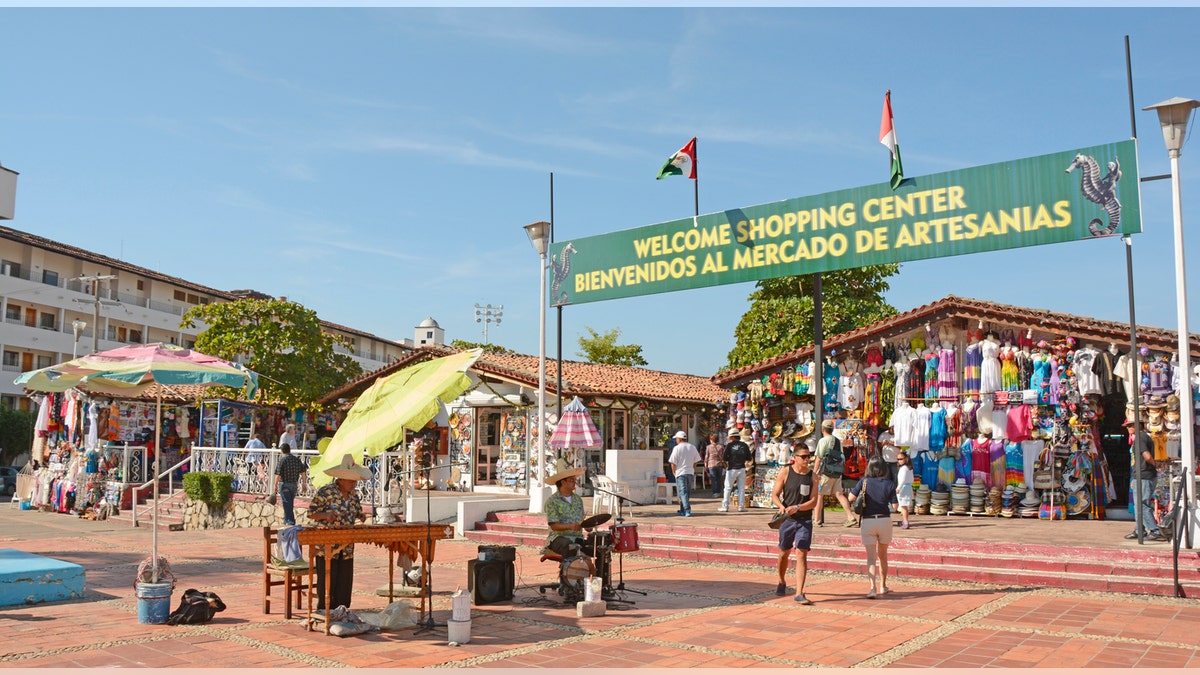
“If implemented, we expect to see a progressive drop in arrivals, impacting employment across various sectors,” the association warned. The tone resonates with urgency as pride in Mexican hospitality clashes with the perceived burdens of taxation.
The Broader Picture: Community and Commerce
The FCCA’s representatives reflected on their previously optimistic outlook for business growth in Mexico before this abrupt shift occurred. They expressed gratitude to the Mexican government for engaging in dialogue yet lamented the lack of early input. Paige, an industry figure, observed that the ongoing communication could be more robust, calling for a genuine partnership moving forward.
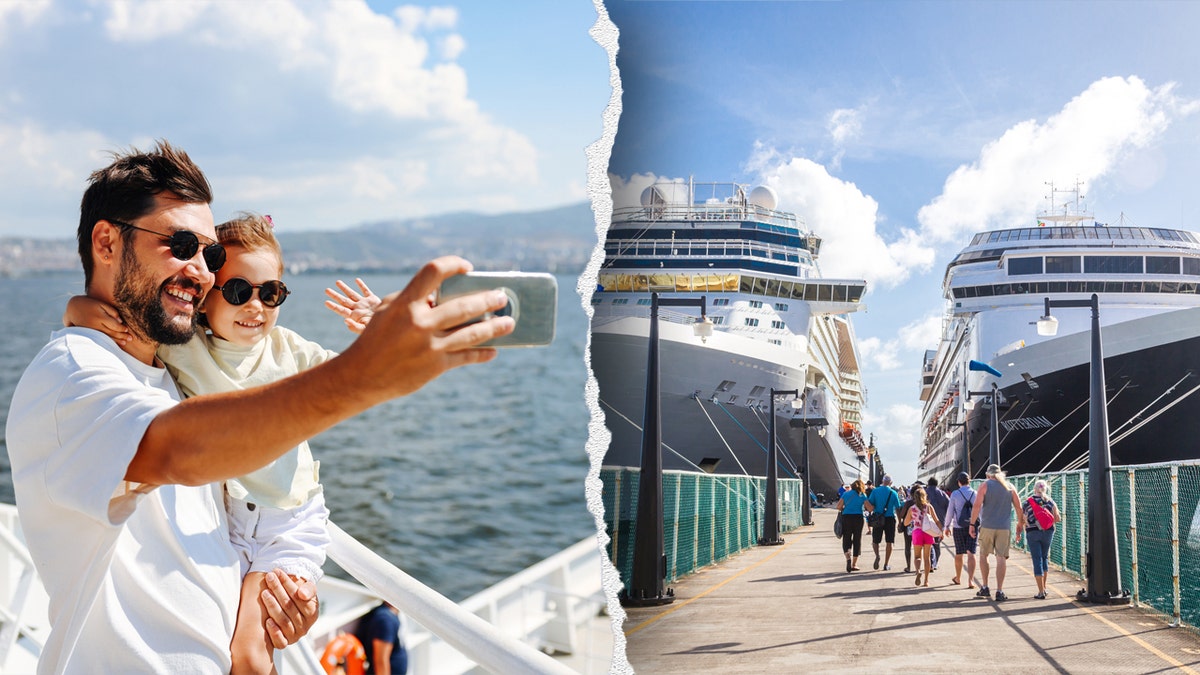
The interplay of taxes, tourist experiences, and economic stability reveals a complex tapestry of interests that begs for thoughtful resolution. As governments and industries converse, a shared goal remains steadfast: to nurture Mexico’s vibrant tourism scene while safeguarding the economic well-being of those who call its shores home. The hope is for a balanced outcome, where communities aren’t just participants in the tourism economy but beneficiaries.
Paige extended her gratitude to other leaders in the Caribbean and Central America, inviting them to welcome cruise lines, suggesting a potential shift in itineraries that could spare Mexico from immediate fiscal strain. Perhaps this unfolding story has more chapters left to write, grounded in collaboration and mutual respect.




























